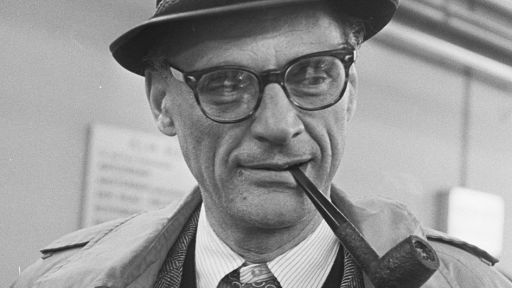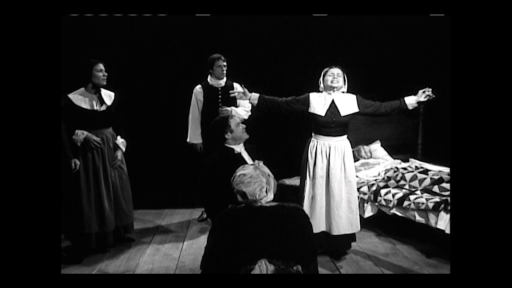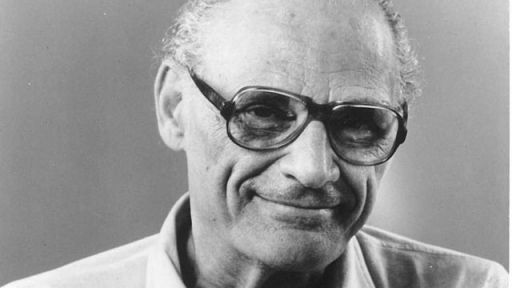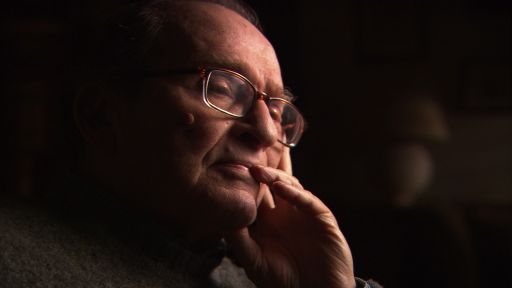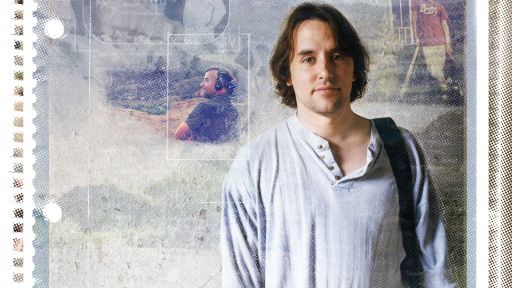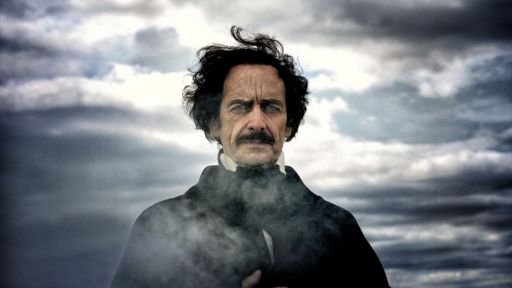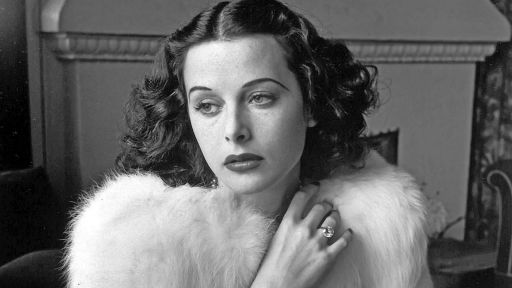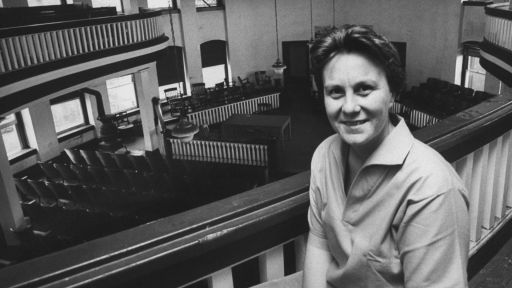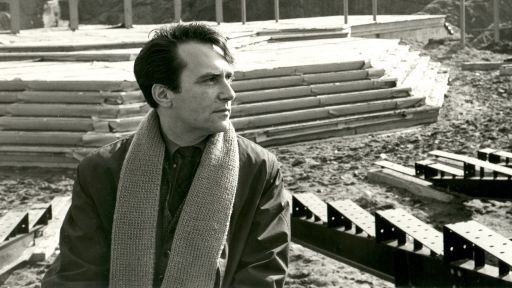Elia Kazan is one of Hollywood’s most prolific filmmakers, with his films “East of Eden”, “A Streetcar Named Desire”, and “On the Waterfront” each serving as cinematic staples of American culture. Born to Greek immigrants, Kazan’s story reflects the ingenuity and tenacity of American artists and writers. Learn more about Kazan in the timeline below.
The HUAC Witch Hunt
The then-named Special Committee on Un-American Activities gets its start when U.S. Rep. Samuel Dickstien, whose district had a large Jewish population, becomes alarmed at the rise of pro-Nazi groups in America, and seeks to have a standing committee examine "every subversive group" in America. Former Communist James B. Matthews tells the renamed House Un-American Activities Committee (HUAC) that Clark Gable and Shirley Temple, among others, are unwittingly serving communist interests.
HUAC chair Martin Dies charges that Communists hold positions of influence in Hollywood.
Walt Disney and King Vidor help found The Motion Picture Alliance for the Preservation of American Ideals. Active supporters include Gary Cooper and John Wayne.
After holding a closed-door meeting with film industry labor leaders, HUAC decides to hold formal hearings in Hollywood to investigate Communist influence in the motion picture industry.
Arthur Miller and Elia Kazan
Miller and Kazan meet when Harold Clurman, Kazan's producing partner, reads Miller's play, "All My Sons." Kazan and Clurman buy the rights to produce it on Broadway. Miller and Kazan immediately become best friends. In May, HUAC holds 10 days of closed hearings in Los Angeles. In October, HUAC conducts hearings on Communist influence in the movie industry in Washington, D.C. Walt Disney and Ronald Reagan, among others, testify. HUAC charges the Hollywood Ten - Herbert Biberman, Lester Cole, Edward Dmytryk, Ring Lardner, Jr., John Howard Lawson, Albert Maltz, Samuel Ornitz, Adrian Scott, Alvah Bessie, and Dalton Trumbo - with contempt of Congress for refusing to cooperate with its inquiries. The Committee for the First Amendment - which includes Lauren Bacall, Humphrey Bogart and Gene Kelly - protests the HUAC hearings. In November, studio executives meeting at New York's Waldorf Astoria hotel announce that the Hollywood Ten will be fired or suspended without pay and agree to "eliminate any subversives in the industry," beginning the blacklist. Miller explores the Red Hook area and tries to get into the world of the longshoremen there, and find out about Pete Panto, whose story would form the nucleus of his screenplay The Hook. Kazan co-founds The Actors Studio with Robert Lewis and Cheryl Crawford. He directs Miller's "All My Sons" on Broadway. All My Sons receives the New York Drama Critics' Circle Award. Kazan wins Oscar, Golden Globe, New York Film Critics Award, National Board of Review awards for Best Director for Gentleman's Agreement, and New York Film Critics Circle Award and National Board of Review Best Director awards for Boomerang. He also wins a Tony for Outstanding Director with "All My Sons."
Miller builds himself the small Connecticut studio in which he writes "Death of a Salesman."
To rid the film industry of Communists, the Motion Picture Industries Council is formed. Leaders include International Alliance of Theatrical Stage Employees head Roy Brewer, Screen Actors Guild president Ronald Reagan, and Cecil B. Demille and Dore Schary. "Death of a Salesman", which Kazan directs, premieres and receives the Pulitzer Prize and the New York Drama Critics' Circle Award, among others. Miller attends the pro-Soviet Cultural and Scientific Conference for World Peace at the Waldorf-Astoria Hotel to chair an arts panel with Clifford Odets and Dmitri Shostakovich. Kazan receives a Tony for "Death of A Salesman."
HUAC Crackdown
John Howard Lawson and Dalton Trumbo are imprisoned and the eight remaining members of the Hollywood Ten are convicted of contempt of Congress.
The Supreme Court refuses to review a lower-court decision upholding the firing of Hollywood Ten writer Lester Cole. HUAC opens a second round of hearings in Hollywood. Miller and Kazan travel to Hollywood in hopes of selling the screenplay, The Hook. Miller refuses to make changes to the screenplay suggested by the FBI, and the film dies. While visiting the set of "As Young as You Feel" they meet Marilyn Monroe, who is an extra. Kazan comforts Monroe, who is having difficulties, and begins dating her. Later, he asks Miller to accompany her to a party in his stead. While Miller and Monroe are also attracted to each other, Miller will not cheat on his wife.
In January, Kazan is called before HUAC, but refuses to name names. During Oscar season, while up for Best Director for "A Streetcar Named Desire", Kazan learns he faces the blacklist. He loses the Oscar. In April, Miller and Kazan meet at Kazan's Connecticut home, where Kazan tells his friend he plans to name names. Miller reviews court records in Salem during research for "The Crucible." He decides upon the play's dramatic arc after hearing news reports of Kazan's testimony before HUAC.
The Screen Writers Guild allows producers to remove screen credits to any screenwriter with Communist ties. "The Crucible" premieres on Broadway and while it receives two Tony Awards, it receives largely unenthusiastic reviews.
On the Waterfront
"On the Waterfront" premieres and Kazan receives a flock of awards, including an Oscar for Best Direction and Best Picture, and the Director's Guild of America Award, among others. Later, Kazan would write: "When Brando, at the end, yells at Lee Cobb, the mob boss, 'I'm glad what I done - you hear me? - glad what I done!' that was me saying, with identical heat, that I was glad I testified as I had...On the Waterfront was my own story; every day I worked on that film, I was telling the world where I stood."
Miller moves to Nevada for six weeks in order to divorce Mary Slattery. While there he collects the material for The Misfits. First press leak about him and Monroe. Within days, Miller is subpoenaed by HUAC. Word comes from the committee that if the committee chair can have his photo taken with Monroe, Miller will not have to appear. He refuses. On June 21, Miller appears before HUAC, and refuses to name names. Miller marries Monroe, and they go to England.
The Academy of Motion Pictures Arts and Sciences excludes anyone on the Hollywood blacklist from consideration for Oscars. Miller is convicted of contempt of Congress for refusing to name names to HUAC.
The Supreme Court rejects the argument that the Hollywood blacklist violated employees' rights. United States Court of Appeals overturns Miller's contempt conviction. Miller is elected to the National Institute of Arts and Letters.
The Academy of Motion Picture Arts and Sciences decides that screenwriters and actors on the blacklist will no longer be prohibited from consideration for Oscars. The staunchly anti-Communist Motion Picture Industry Council ends its activities. Miller receives the Gold Medal for Drama from the National Institute of Arts and Letters. Kazan receives a Tony for Outstanding Director for "JB". Kazan is appointed to develop and run the new Lincoln Center Repertory Theater.
Career Success
Dalton Trumbo, one of the Hollywood Ten, receives credit for writing the screenplays for "Exodus" and "Spartacus", becoming the first blacklisted writer to receive screen credit.
Miller divorces Monroe. "The Misfits" premieres. Sidney Lumet directs a movie version of "A View From the Bridge." Kazan directs "Splendor in the Grass."
Marilyn Monroe dies.
Kazan directs Miller's play, "After the Fall", for the Lincoln Center Repertory Theater. The play is controversial for its seeming portrayal of Monroe, which Miller denies.

